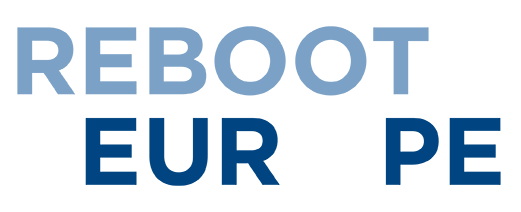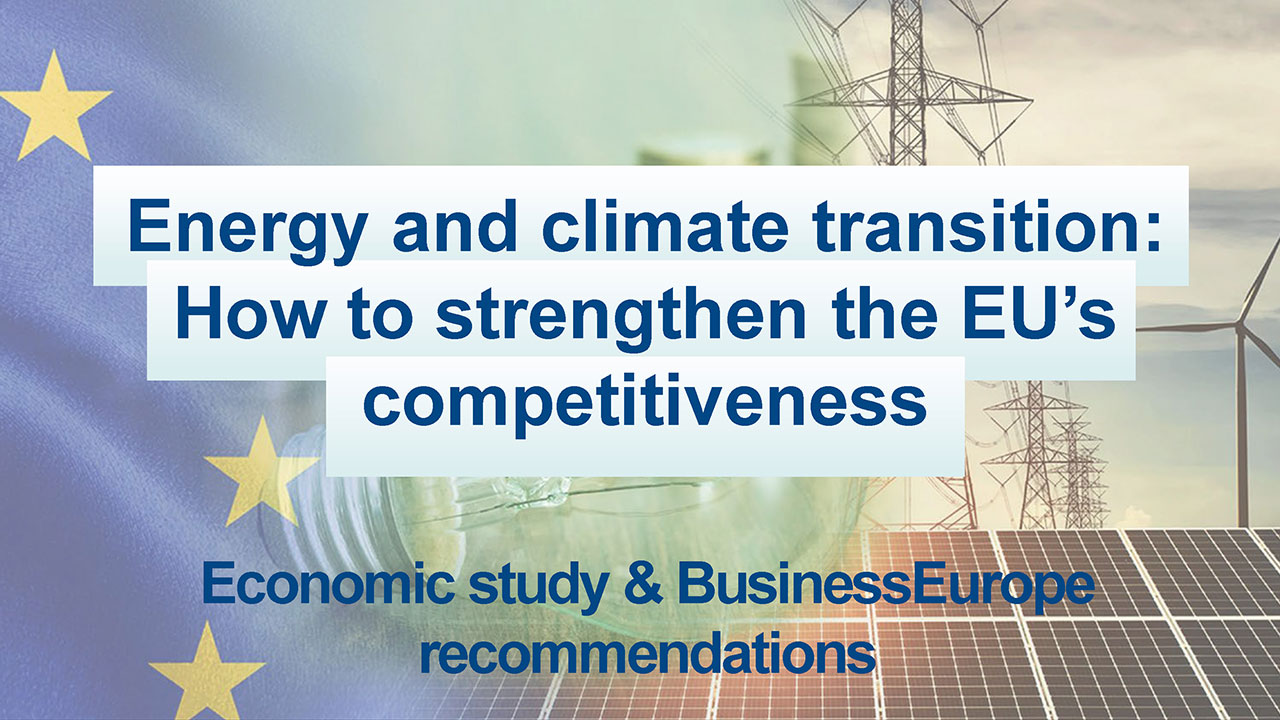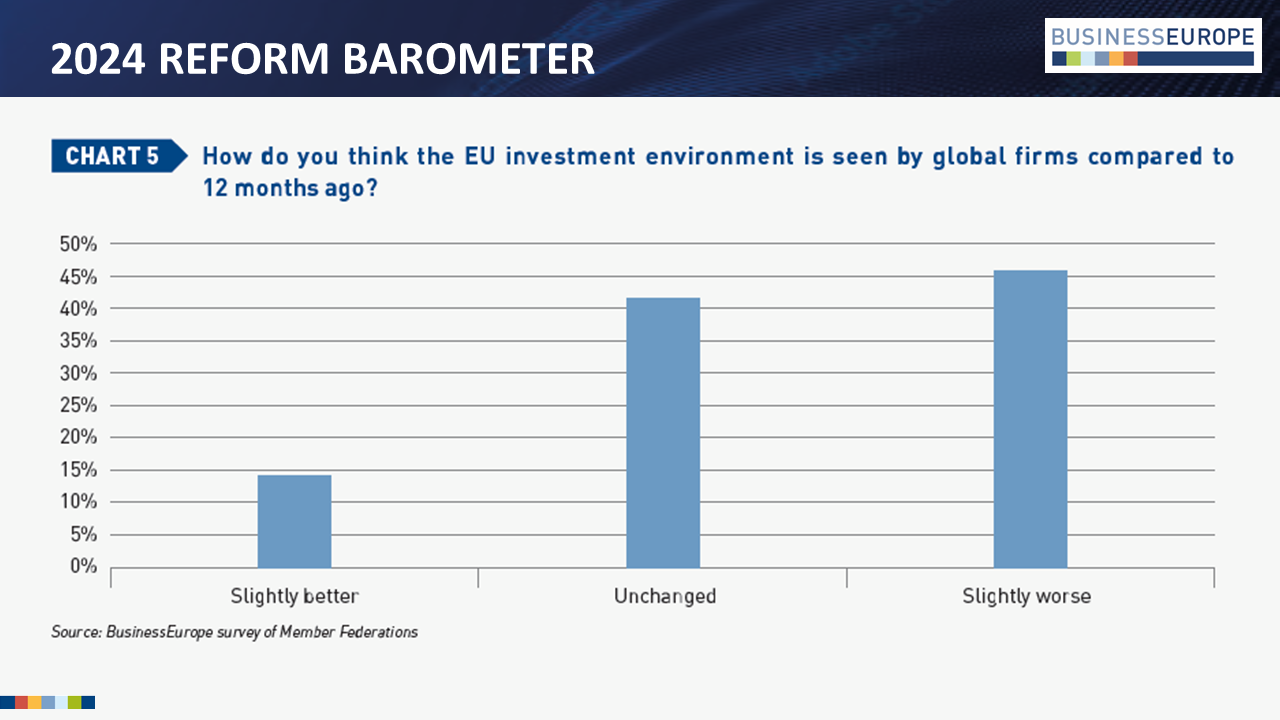
Europe needs a reboot to restore its global competitiveness
BusinessEurope is calling for a REBOOT in European policies, building on EU achievements, with targeted actions to tackle the structural weaknesses that are undermining companies’ efforts to deliver for people.
Policy changes are needed, aiming at sound economic, social and environmental progress in a:
Resilient European Union with
Energy at affordable prices
Better and simpler regulation
Open and rules-based trade leading to more
Opportunities in the Single Market through
Technological innovation and talent development









